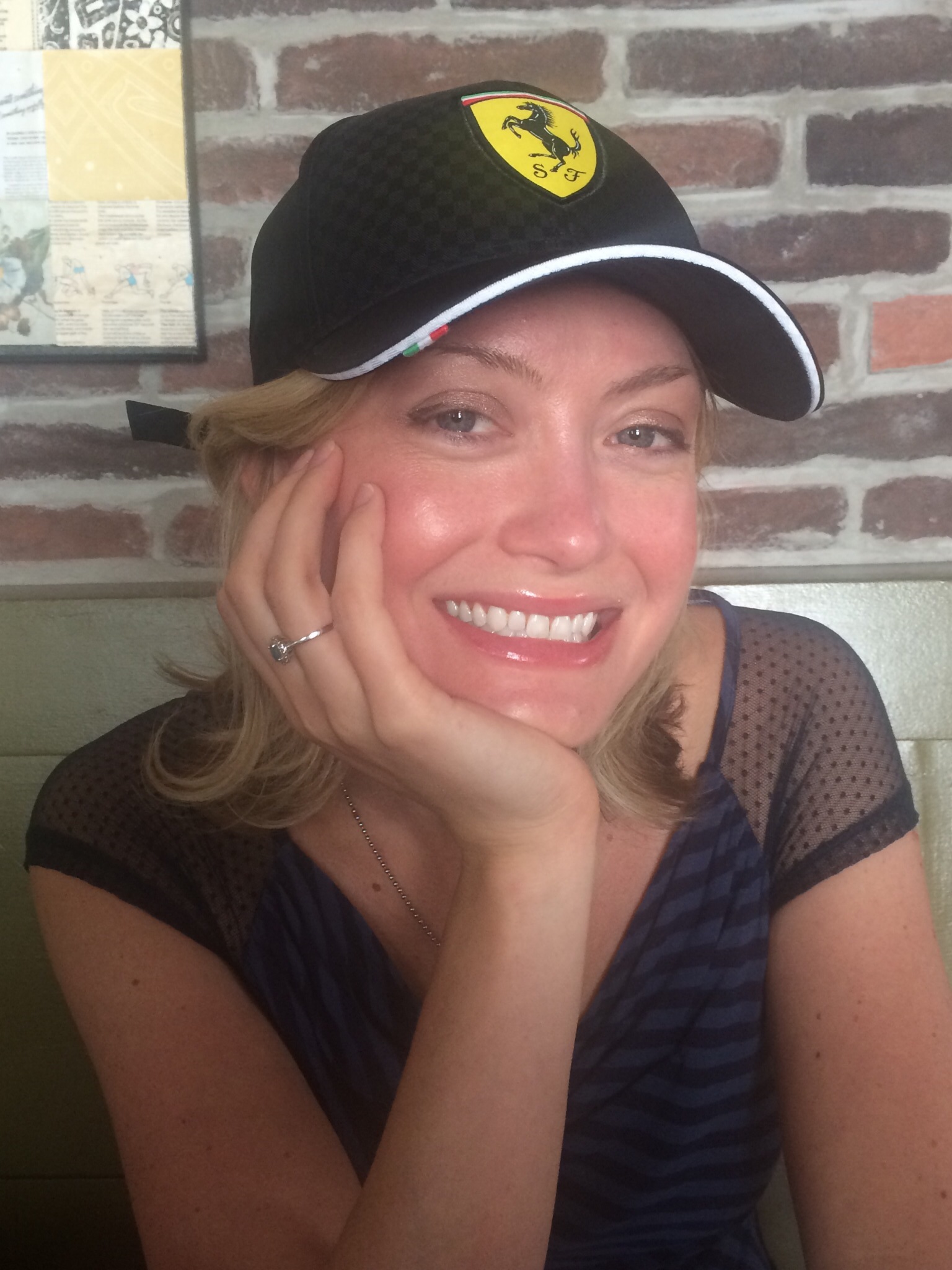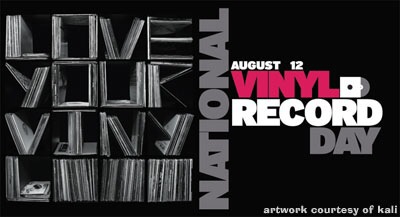SO, today is my birthday.
Here’s me celebrating in my second favorite hat.
That’s not what this is really about, though. It’s about the amazing holiday (or holidays) that just happens to coincide with my birthday: National Middle Child Day.
Not sure when the unilateral decision came to add a plethora of arbitrary holidays to an already over-populated American calendar, but here are a few of my favorites: Vinyl Record Day
(ALSO my birthday, but less related to counseling, equally awesome, though, check it out); Croissant Day; Do A Grouch A Favor Day; Tell A Story Day; Scavenger Hunt Day; Flip Flop Day; and, of course, Talk Like A Pirate Day.
National Middle Child Day affords me the opportunity for a quick conversation on birth order. Birth order is both accurately predictive and keenly misinterpreted as an algorithm for individual responses.
Most people tend to hold their judgments about birth order predictions too tightly rather than viewing them as both accurate and inaccurate. Birth order both shapes our responses and doesn’t, simultaneously. We would do better to view a person’s birth order as predictive along a dynamic spectrum rather than as categorically definitive of fixed traits that have been crystallized since birth. Sometimes we will act out of these stereotypical traits–sometimes we will not.
There are a variety of factors (including but not limited to birth order) that increase the likelihood for our predisposition to specific traits. Take the middle child, for example. Middle children tend to be more go-with-the-flow, amicable types who get along well with most people…or so we like to think.
For those of you who are rebelling against my quick description of your siblings, this is where the “other factors” part comes into play. If there’s a large gap between first born and middle, or middle and youngest, this can skew the stereotypical application. Or if there are step siblings involved who were only part-time inhabitants of your home, that changes things. Or if there was significant trauma in the home, or boarding school, etc., the landscape varies.
This applies to any birth order individual. There are often characteristics that make it easy to spot birth order and others that skew the “one size fits all” research results.
Doesn’t this just reinforce the amazing mystery that is human nature? We are so simple in some ways and vastly complex in others. We can’t even understand ourselves, much less be reduced to quantifiable birth order statistics.
This complexity is often demoralizing to us. But it’s so important and useful. In light of today’s conversations that seem to reduce Robin Williams’ tragic and untimely death to a cluster of depressive attributes, remember that there was infinitely more to him than that, and there’s infinitely more to you than birth order, a DSM diagnosis, or your current situation.
I will come back to Robin Williams’ death another time, but please know I’m grateful for the positive attention these conversations bring to mental health awareness. Simultaneously, I know the heavy focus on these symptoms overshadows much of the other vibrancy offered. He can easily come across as a tortured and insecure soul in these bird’s-eye view eulogies. Just as you can come across as only tortured in your own worst moments of self-appraisal. It’s in those very moments that complexity is comforting.
With the recognition of our astonishing mystery comes the reassurance of knowing we can’t be confined to drab, brown boxes that have outlived their usefulness. So if you want to celebrate that mystery with me, slip on those headphones and pull out that circular record, the one that doesn’t fit a square box in any and every way.


